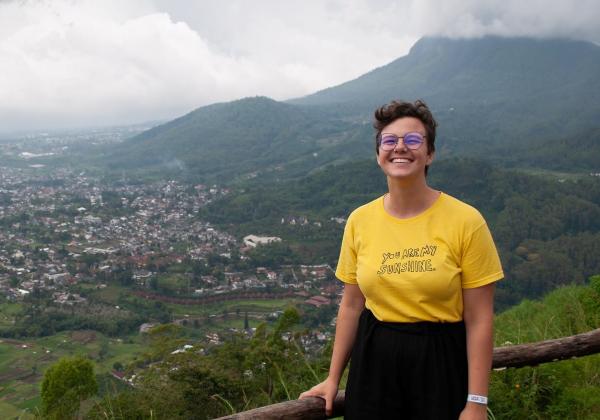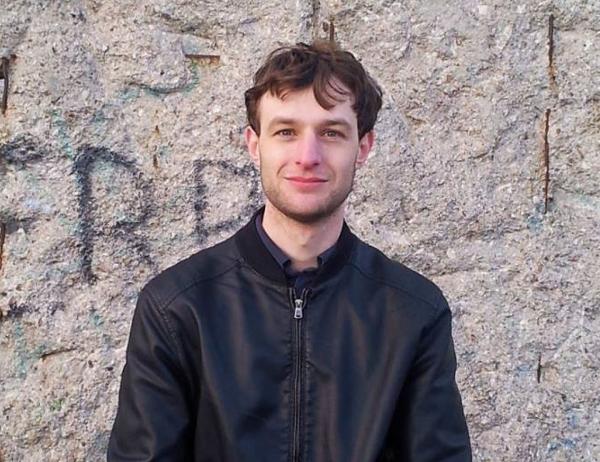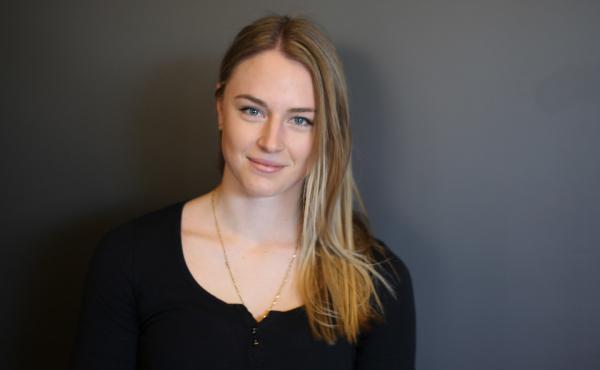I am 22 years old, born and raised in India. I have been into social activism since the age of five. Both my parents are prominent educators in my home city. I completed a Bachelor of International Security Studies (BINSS) at the Coral Bell School of Asia Pacific Affairs, ANU in 2020. Currently, I am a final year student of a Master of Social Work at CHRIST (Deemed to be University), Bangalore. I am also currently the Director of NGO Sarthi which I run here in India.
Regarding my interests, I love volunteering and contributing in some manner to influence change to build better societies. I have volunteered across three countries: India, UK and Australia. I recently received the prestigious Diana Award for my social actions and humanitarian work, and have been shortlisted for the Young Global Changemakers Award. I believe that I was born to be a ‘Happiness Ambassador’, so I am pursuing this through a personal revolution with meditation, spirituality, meeting new people, being close to nature and spreading joy with others through social service.




